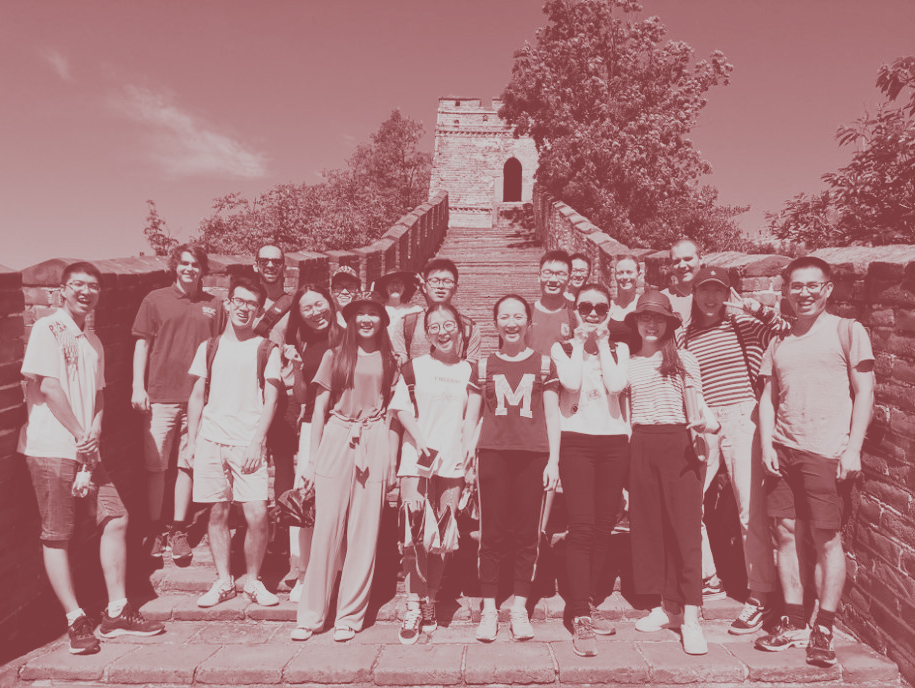From Wheat Straw to Plastic
Wood, grain products and other organic leftovers from farming are usually not associated with chemical products like plastic and nylon. However, when you are a chemical engineer like Sejr Nielsen, the link between the organic and chemical field is common.
He holds a Master’s degree in Chemical and Biochemical Engineering. In his thesis, he investigated the economic value in the production of succinic acid as a value-added co-product to xylitol, which is a widely used substitute for sweetener in food, for example in gum. A value-added co-product is giving a product with low or no value a higher value – in this case to xylitol produced from wheat straw. Succinic acid is also known as amber acid because it is extracted from amber.
‘Succinic acid is a product that we can use as intermediate for all sorts of other products. For example, as a substitute to the oil used for plastic and nylon,’ Sejr Nielsen explains.
The current way of producing succinic acid is an expensive process. Therefore, Sejr Nielsen has cooperated with one of his supervisor’s PhD. students in investigating an alternative way of producing succinic acid by fermentation on a bio refinery, comparted to current method of producing succinic acid by butane or benzene. In his thesis, Sejr Nielsen focuses on the purification and recovery process of succinic acid after the fermentation because 60-80% of the productions costs is found in this process:
‘The main point of investigating a process design is to conclude if it even pays off to produce a given product. I found that is pays off to produce succinic acid in a time span of 10 years, when you design the downstream process with evaporation system, which means steam is used as the energy source, and multiple evaporators are used in series that reduce the steam consumption.’
Working Across Borders
After five years as a student, Sejr Nielsen looks forward to get hands on experience in the real world:
‘I am open to different kind of jobs within chemical engineering because I am curious about using all that I have learned. I believe the best way to start my carrier is in production where I can get hands on experience, and see how I will make it from there. Production also matches my passion for process design,’ Sejr Nielsen says.

He believes that it is likely that he will work across borders, cooperate with suppliers, and engage with customers from different countries as a chemical engineer.
‘The studies and group work got a lot easier because I invested time in getting to know my Chinese fellow students. Today, I also mention it as an advantage in my resume that I am experienced in working in different team dynamics and master cross culture management, because I have navigated in a very different culture in China. So, my cultural skill set is definitely an advantage.’

Sejr and his class at the Great Wall of China
